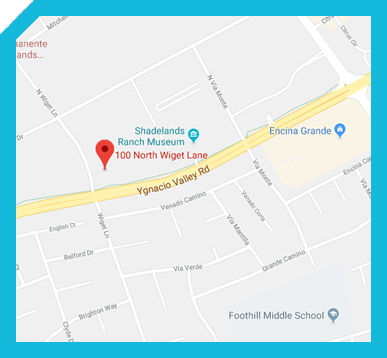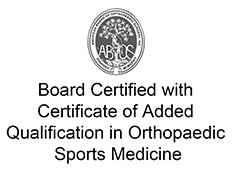
Cartilage injuries may seem inconsequential at first, but their long-term impact on joint health can be profound. Let’s consider the significance of early intervention and how you can safeguard your joints against future problems by seeking treatment for cartilage injury at the first signs of trouble.
Why Early Intervention of Cartilage Injury Is Important
Cartilage is a tough but flexible tissue that acts as a shock absorber and allows smooth joint movement. However, cartilage has a limited ability to heal itself because it has less blood supply as compared to other tissues, even bone1. This is why cartilage injuries can take a long time to heal if not treated early.
How Early Intervention Helps
Early intervention means detecting and treating cartilage damage as soon as possible, before it progresses and affects your joint function and quality of life. Early intervention can help you:
- Prevent further cartilage loss and joint damage
- Reduce pain and inflammation
- Restore joint mobility and stability
- Improve cartilage health and function
- Avoid or delay the need for joint replacement surgery
Achieving Early Intervention for Your Cartilage Injury
The first step is to recognize the signs and symptoms of cartilage damage, such as:
- Joint pain that worsens with activity or weight-bearing
- Joint swelling or tenderness
- Joint stiffness or locking
- Joint clicking or grinding
- Reduced range of motion or flexibility
The second step is to seek medical attention and get a proper diagnosis. Dr. Jamali will examine your joint and ask you about your medical history, symptoms, and activities. You may also need some tests, such as X-rays, MRI, or arthroscopy, to confirm the extent and location of your cartilage damage.
The third step is to follow a comprehensive treatment plan that suits your specific needs and goals. Depending on the severity and type of your cartilage injury, your treatment options may include:
- Nonsurgical treatments, such as rest, ice, compression, elevation, medication, physical therapy, or PRP injections.
- Surgical treatments, such as debridement, microfracture, or mosaicplasty
The sooner you start your treatment, the better your chances of preserving your cartilage and preventing long-term joint problems. Don't ignore your joint pain until it's too late. Contact Dr. Jamali today to help you with your cartilage injury
Reference:
https://www.medicinenet.com/what_is_the_function_of_cartilage/article.htm
AUTHOR: Dr. Amir Jamali, founder of the Joint Preservation Institute, is a board-certified fellowship-trained orthopedic surgeon in Northern California specializing in treatments for the knee, hip and shoulder.








 The Importance of Early Intervention in Cartilage Injury: Preventing Long-Term Damage and Accelerating Recovery
The Importance of Early Intervention in Cartilage Injury: Preventing Long-Term Damage and Accelerating Recovery 







